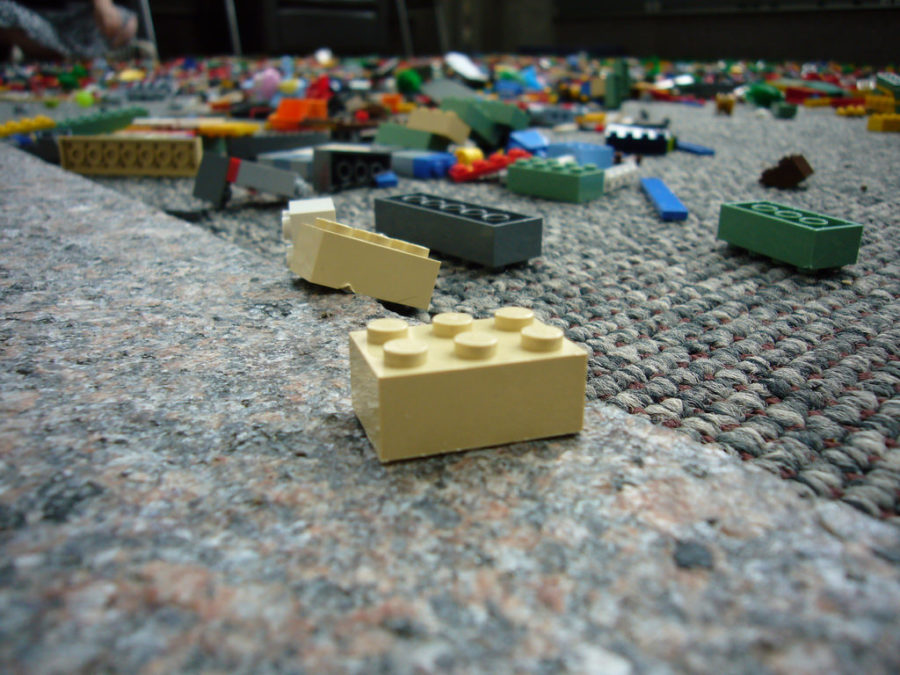Migee
My son is two-and-a-half years old and very inquisitive. Lately, he’s been talking about and asking about death. It started with the knowledge that his dad’s cat had died and me having to explain to him what “died” meant. He said it so matter-of-factly one time right in front of his dad, it was jarring for him to hear. We, as a culture, do not teach children about or prepare them for death. Like sex, it’s a taboo subject that people prefer to avoid or use unhelpful euphemisms for. I don’t use pet names for private parts—like many do—and as such, I was happy that my colleague Meaghan shared this article with me. Both sex ed and death ed should be part of what we teach our kids, IMHO.
Like many post-election, I have been calling and writing my representatives, spending too much time on Facebook, and continuing to turn over in my mind the fact that we transitioned from Barack Obama to Donald Trump. I’ve moved on from the shell-shocked phase to the action-oriented phase, but my brain is still struggling to reconcile all of the things that needed to be true about our country and political system and values to get us here. I’m heartened by all of the “real” conversations about race that have been born out of the election results, but as bell hooks writes, “The sexism is so deeply, deeply embedded. If you think about public discourses on race in this past year, where are the big public discourses on feminism? They don’t exist.” There has been hardly a peep about sexism, feminism, or patriarchy. I think there needs to be. 2020 or bust.
YAY LEGO! One more reason to love this time-honored, amazing toy. They are finally going to move away from plastic and design a more sustainable version of itself. I have loved these toys since I was little and have enjoyed introducing my own kid to the hand-me-down duplos (younger kiddo version of Legos) but I was pleased to read that they are in for a redesign.
Eric
At The Guardian, Pankaj Mishra takes a long look at the “age of anger” indicated by Brexit and Trump. He argues that our dominant intellectual model—rationalist, economically liberal, democracy-focused—is failing to grasp what’s happening around the world politically because it incorrectly insists on viewing people as motivated primarily by material self-interest.
At Science, Warren Cornwall explains why the demise of the federal stream protection rule won’t revitalize the coal industry.
Alan
Seven years after I started the first chapter, I finally went back and read the entirety of Michelle Alexander’s The New Jim Crow, which argues that mass incarceration functions as a system of racial control comparable in salient respects to the old Jim Crow. I found it about 75 percent convincing. My few skepticisms lined up well with this friendly critique by James Forman, Jr.
So far, ten candidates have signed up for Seattle’s Democracy Voucher program; two have already qualified to participate by gathering hundreds of signatures and $10 contributions from Seattle residents; and more than 4,000 vouchers have been turned in so far by more than 1,000 Seattle residents. An encouraging start toward the program’s goals—to allow candidates to run campaigns with little or no dialing for dollars from the donor class and to allow a wider diversity of candidates to run competitive campaigns. (Unfortunately, I got all this information from a briefing, so I can’t provide a link for further reading.)
Asymmetries in the composition of Congressional districts and the US Senate mean that the obstructionist strategy that conservatives used against the previous administration will not work for progressives against the current one, this article argues.
This long blog post describes a phenomenon that fascinates me: many things—health care, education, housing, transit infrastructure, for example—cost many times more than they used to, and it’s hard to figure out why. Sometimes the sustainability agenda, as opposed to the left or right agenda, is about how to dramatically reduce costs.
And this essay on Americans’ attitude toward housing is well worth reading: “The point of this thought experiment is… to open our eyes to the negatives of the national obsession of owning a home, expecting its value to rise, and using the levers of local government to keep neighborhoods as they are.”


Comments are closed.